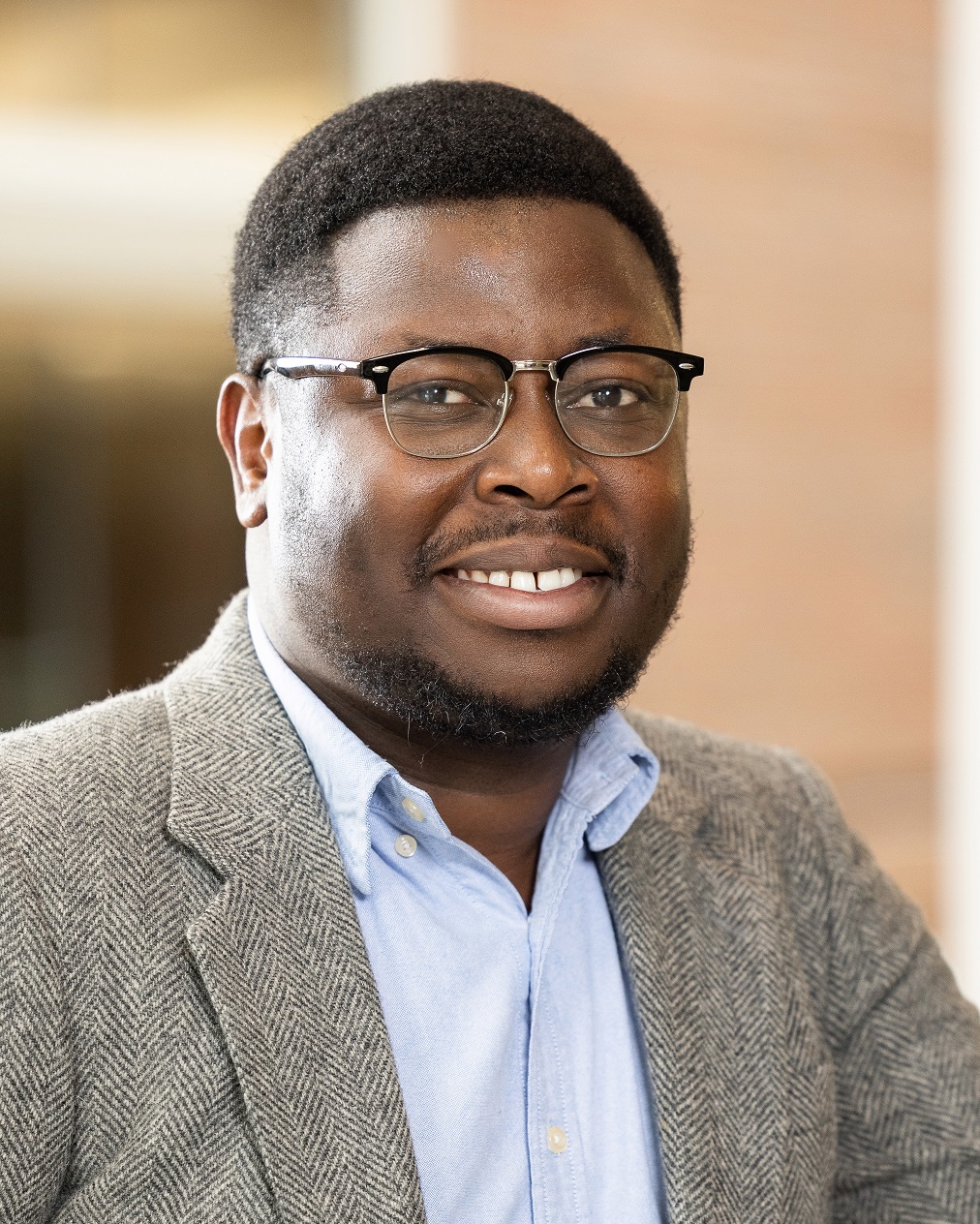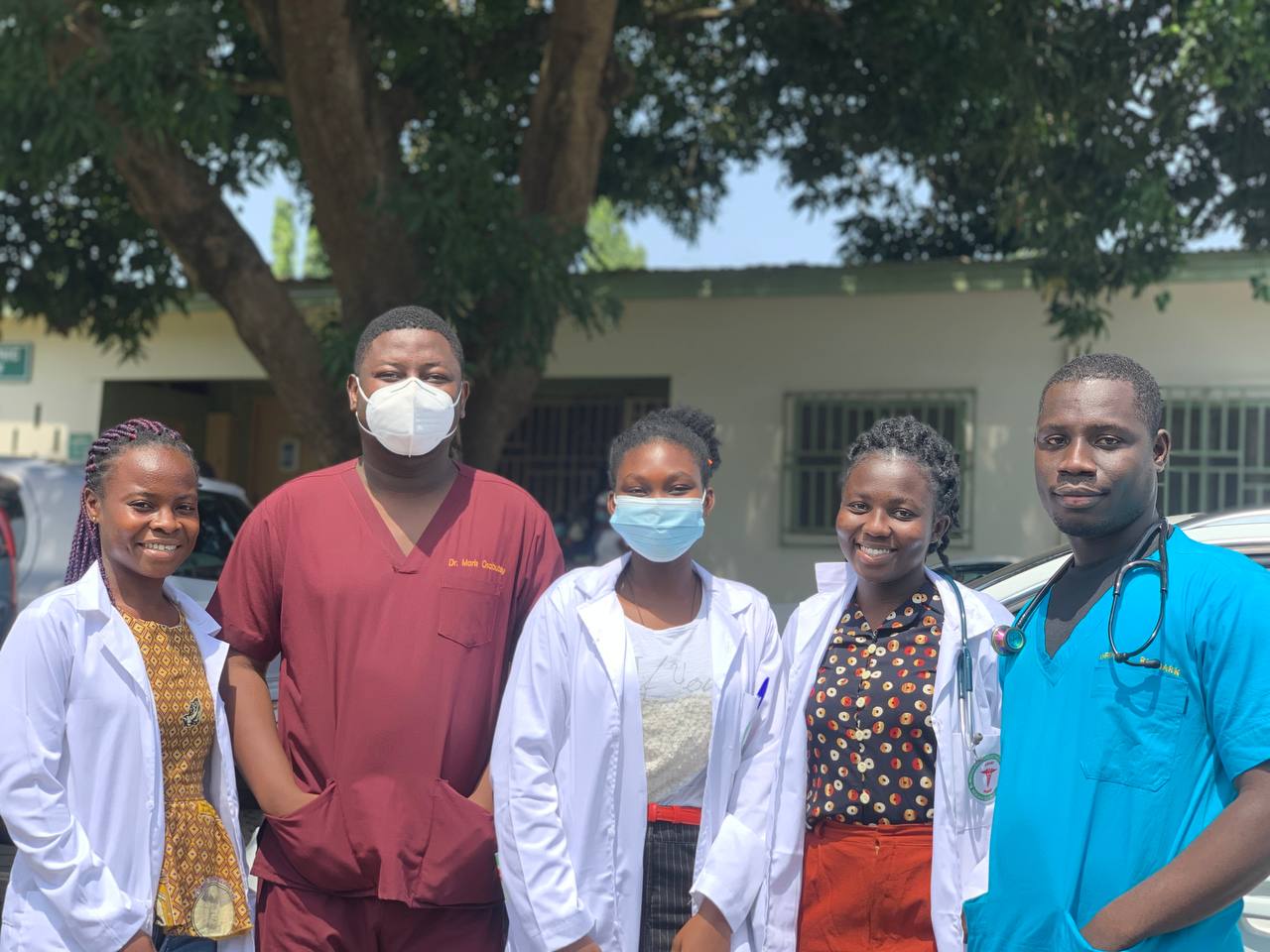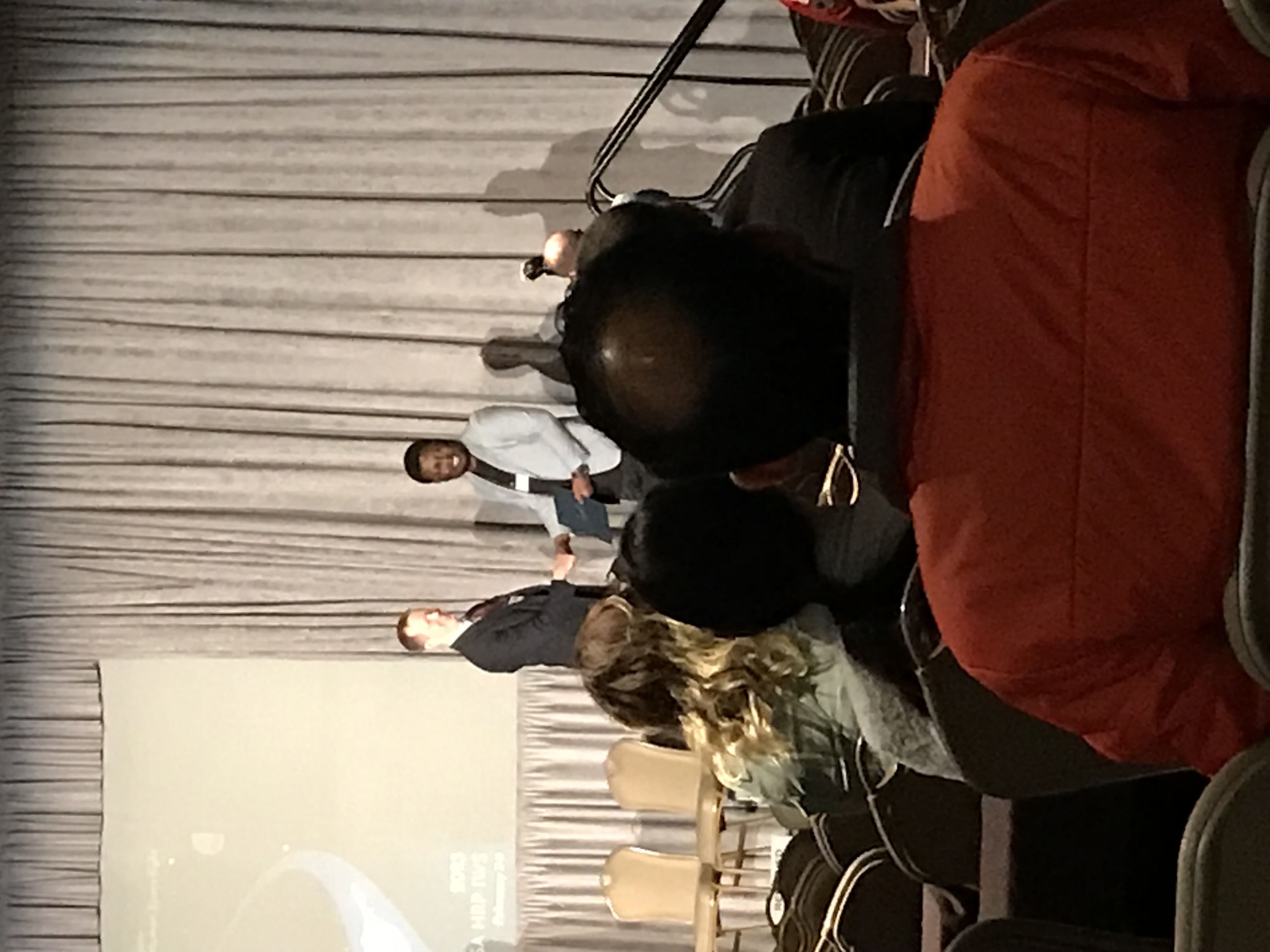
3 minute read
Student Spotlight: Mark Osabutey
Mark Osabutey, MBChB, is a 2nd-year Neuroscience graduate student at the University of Rochester Medical Center. Osabutey has a medical degree from the Kwame Nkrumah University of Science and Technology in Ghana. He completed his undergraduate studies in Human Biology at the same institution. Before coming to Rochester, Osabutey was a physician for three years in Kumasi, Ghana.

Mark Osabutey, MBChB
“During my preclinical years, I found love for science, specifically basic science,” said Osabutey. “It was there I discovered research, but it wasn’t until my physician intern years when I was working with a neurologist that I got into neuroscience.” During that rotation, Osabutey helped diagnose a 13-year-old boy with neuromyelitis optica—a central nervous system disorder that, in this case, had caused the boy to have sight problems and paralysis from his waist down. With this diagnosis, the boy was prescribed a therapeutic and walked again in about a week. Today, he is attending university.
“I was very happy to see that the basic science knowledge led to this patient being well managed," said Osabutey. “For many of our patients [in Ghana], the epidemiology of neurological conditions differs from what is in the United States. But basic neuroscience research is not studied as extensively in Ghana like here in the U.S. This is why I’m now pursuing my PhD.”

Osabutey (second from left) working as a medical officer (general physician) stands with physician assistant trainees on his clinical team after ward rounds at the University Hospital, Kwame Nkrumah University of Science and Technology, Ghana.
Osabutey is currently in the O-labs, the labs of M. Kerry O’Banion, MD, PhD, and John Olschowka, PhD. His research interests primarily focus on neuroinflammation and attendant cognitive changes that occur after the brain is exposed to ionizing radiation and possible therapeutic approaches to mitigate such changes.
“I want to understand the role that microglia play in the context of dendritic spine loss and how this may be linked to the observed cognitive deficits that occur after exposure to ionizing radiation,” said Osabutey. “This intends to identify mechanisms that are targetable by therapeutic agents.”
Osabutey recently traveled to Texas to present at a NASA conference on behalf of the O-Labs. While there, he received a grant augmentation from NASA to study the populationlevel changes in microglia after exposure to galactic cosmic radiation. It is an important step in the field because space radiation has been shown to cause cognitive decline and loss of fine motor skills, which pose risks of impairing performance in mission-critical tasks in space. Using singlecell RNA sequencing in mice exposed to space radiation, he aims to identify subpopulations of microglia and their molecular differences based on sex.

Osabutey receiving grant augmentation award from David Baumann, Director of the NASA Human Research Program.
Osabutey’s long-term goal is to establish a neuroscience research center in Ghana. “I chose to pursue my doctoral degree in neuroscience at the University of Rochester School of Medicine and Dentistry because of the exceptional research facilities, the remarkable mix of scientists and physician-scientists, and the supportive and nurturing environment for graduate students. The NGP at URMC is at the forefront of neuroscience research, and I am proud to be a part of such a vibrant community of scholars and researchers.”




